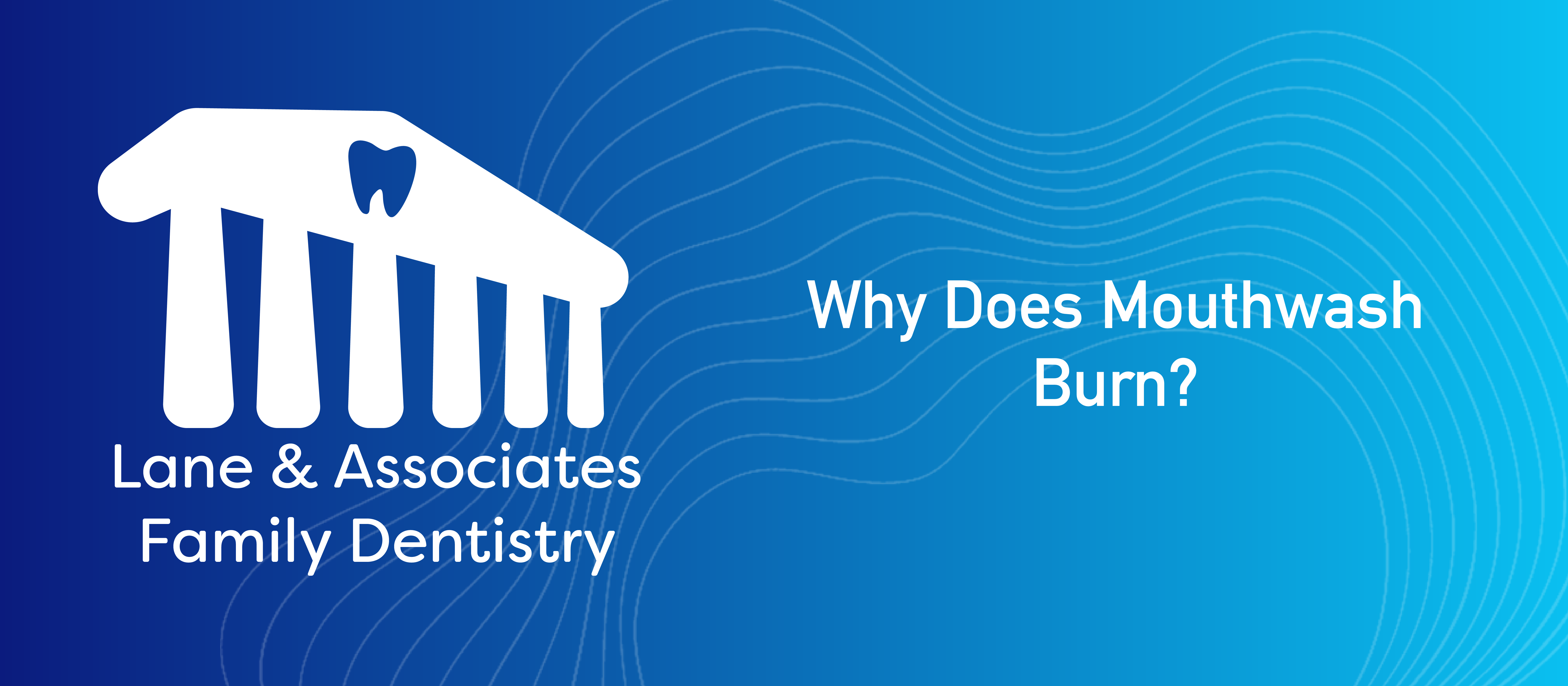Why Does Mouthwash Burn

The sensation of burning in the mouth after using mouthwash is a common complaint among many individuals. This phenomenon can be attributed to several key ingredients found in most mouthwash formulations, which, although beneficial for oral health, can sometimes cause discomfort or irritation in certain individuals.
One of the primary culprits behind the burning sensation is alcohol. Many mouthwashes contain alcohol as an antiseptic to kill bacteria and other microorganisms in the mouth. Alcohol acts as a solvent, helping to dissolve other ingredients and allowing them to penetrate more effectively into the mouth tissues. However, alcohol can also denature proteins, disrupt cell membranes, and extract moisture from the mucous membranes, leading to a drying effect and irritation. For people with sensitive mouths, gums, or oral mucosa, the high alcohol content in mouthwash can lead to a burning or stinging sensation.
Another ingredient that might contribute to the burning sensation is hydrogen peroxide. Used for its antibacterial properties, hydrogen peroxide can release oxygen free radicals that help kill bacteria. However, this process can also lead to irritation and a burning feeling, particularly if the solution is too concentrated or used too frequently.
Essential oils, such as eucalyptus, menthol, and thymol, which are commonly added to mouthwashes for their antibacterial and refreshing properties, can also cause irritation in some individuals. These oils can be quite potent and, depending on their concentration and the individual’s sensitivity, may lead to a burning sensation.
Furthermore, some mouthwashes contain sodium lauryl sulfate (SLS), a detergent that creates a rich lather. While SLS is generally considered safe, it can strip the mouth of its natural oils, leading to dryness and potentially a burning sensation, especially in individuals with sensitive oral tissues.
Lastly, the pH level of the mouthwash can affect how it feels in the mouth. A mouthwash with a high or low pH level (far from the natural pH of the mouth, which is slightly acidic to neutral) can disrupt the mouth’s natural environment and cause irritation or burning.
It’s worth noting that some individuals may be more prone to experiencing a burning sensation due to various factors, including:
- Oral Health Conditions: People with gum recession, oral ulcers, or other mouth sores may find that mouthwash exacerbates their condition.
- Sensitive Teeth and Gums: Individuals with sensitive teeth or gums may react more strongly to certain ingredients in mouthwash.
- Dry Mouth: Those who suffer from xerostomia (dry mouth) may find that the ingredients in mouthwash further dry out their mouth, leading to irritation.
- Allergies or Sensitivities: Some people might be allergic or sensitive to specific ingredients in mouthwash, which can manifest as a burning sensation.
For those who experience a burning sensation after using mouthwash, there are several alternatives and adjustments that can be considered:
- Alcohol-Free Mouthwashes: Opting for an alcohol-free mouthwash can significantly reduce the burning sensation for those sensitive to alcohol.
- Natural or Organic Mouthwashes: Some natural or organic mouthwashes use gentler ingredients that might be less irritating.
- Diluting the Mouthwash: In some cases, diluting the mouthwash with water before use can reduce the concentration of potentially irritating ingredients.
- Choosing a Mouthwash for Sensitive Mouths: There are mouthwashes specifically designed for sensitive teeth and gums that may be a better option for some individuals.
Ultimately, if the burning sensation persists or is severe, it’s advisable to consult with a dentist or healthcare provider for guidance. They can help determine the cause of the irritation and recommend the most appropriate mouthwash or oral care routine tailored to the individual’s needs.
Tips for Reducing Irritation
- Start with a small amount: Begin with a small amount to gauge your sensitivity.
- Swish gently: Avoid vigorous swishing, which can spread the mouthwash to sensitive areas.
- Avoid swallowing: Always spit out the mouthwash to prevent ingestion of potentially irritating ingredients.
- Rinse thoroughly: After using mouthwash, rinse your mouth with water to remove any remaining residue.
Conclusion
The burning sensation experienced by some individuals after using mouthwash can be attributed to various ingredients and factors. By understanding these causes and considering adjustments or alternatives, individuals can find a mouthwash that meets their oral health needs without causing discomfort. As with any healthcare product, it’s essential to use mouthwash as directed and be mindful of any sensitivity or reactions, seeking professional advice if necessary.
FAQs
Why does mouthwash burn my mouth?
+Mouthwash can burn due to several ingredients, including alcohol, hydrogen peroxide, essential oils, and sodium lauryl sulfate. These ingredients can cause irritation, especially in individuals with sensitive mouths or oral health conditions.
How can I reduce the burning sensation from mouthwash?
+To reduce the burning sensation, consider using an alcohol-free mouthwash, diluting the mouthwash with water, or choosing a mouthwash specifically designed for sensitive mouths. Always rinse your mouth thoroughly after use and consult a dentist if the irritation persists.
Are there any natural alternatives to traditional mouthwash?
+Yes, there are natural alternatives to traditional mouthwash, such as using salt water, hydrogen peroxide solutions (diluted appropriately), or mouthwashes made from natural ingredients like essential oils and herbs. However, it's crucial to consult with a dentist before making any significant changes to your oral care routine.
This comprehensive exploration of why mouthwash burns and how to mitigate this issue underscores the importance of understanding the ingredients and effects of oral care products. By being informed and taking a tailored approach to oral hygiene, individuals can maintain good oral health while minimizing discomfort.


